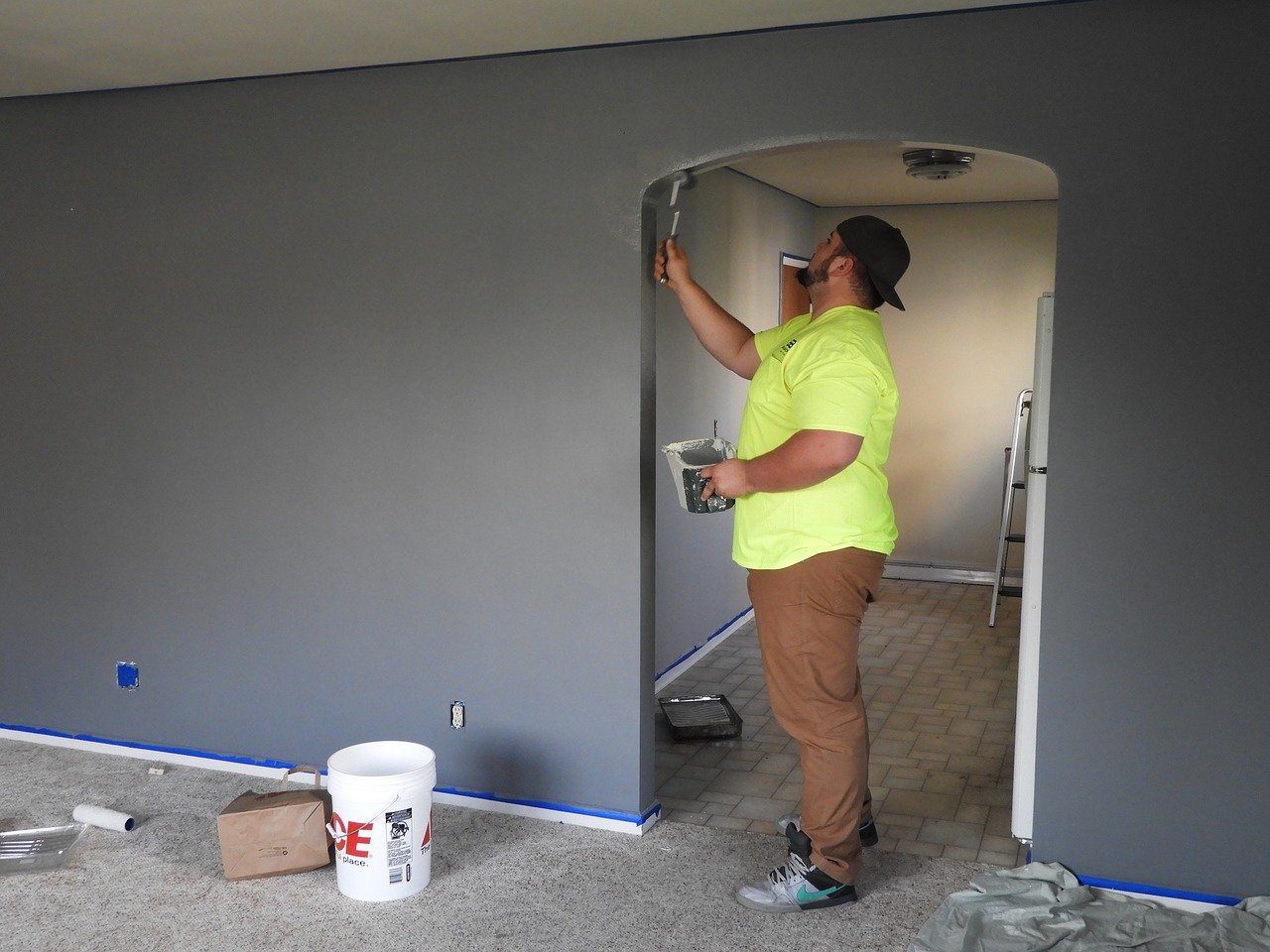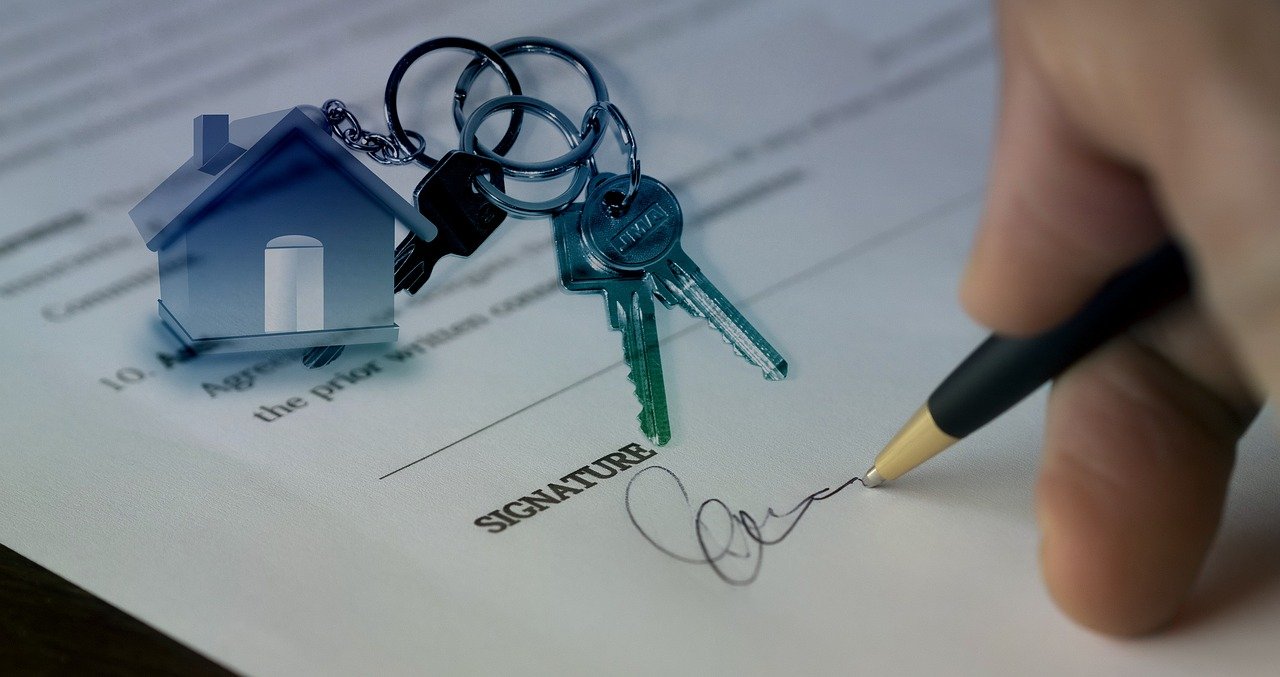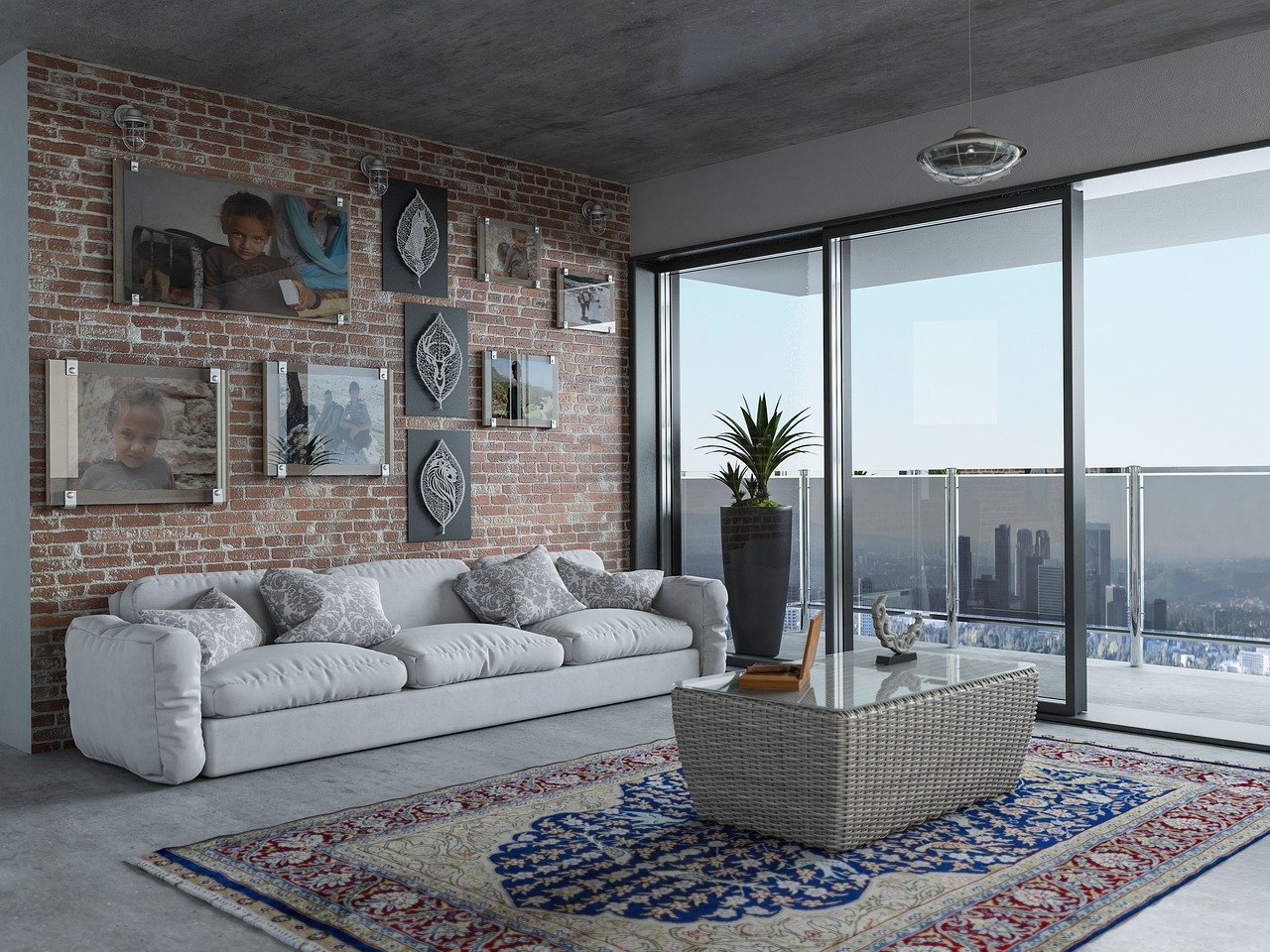7 Open House Survey Questions Agents Need To Ask For An Open House
How to follow up on your prospects after an open house

At an open house, one of the key ways to provide agents with useful insights is to gather feedback from visitors. However, we understand that obtaining quality feedback can be challenging. Nonetheless, the information that agents can obtain from feedback is valuable and well worth the effort. By using effective open-house feedback questions, the process can yield remarkable results. It’s difficult to imagine that people would be willing to provide feedback unless there is some incentive involved. In many cases, visitor responses may be too brief or insignificant to be of much use. However, the questions that you include in your open house questionnaire can make all the difference.
Why Real Estate Agents Should Get Feedback for Their Open House
Asking questions during or after an open house can help agents understand the thoughts of potential home buyers. Visitors can still provide valuable feedback if they are not fully committed to buying a home. This feedback can help you determine if the listing price is reasonable and if the house will likely sell quickly. You can use an open house questionnaire to gather honest opinions about the property. You can include various questions in the questionnaire, such as Yes/No or open-ended questions. This feedback can help agents better understand the needs and wants of potential buyers.
7 Open House Feedback Questions Every Agent Should Ask
While hosting an open house, gathering feedback from the visitors is essential. We have compiled a list of questions that agents can ask. However, remember that including too many questions may discourage visitors from answering all of them. Therefore, carefully go through the list and select the ones that best suit the open house you are hosting.
What Are Your First Impressions of The Property
Starting with a general question can help you understand your visitors’ overall feelings, even if their answers are vague and use adjectives like tremendous or good. To gain more detailed insights, consider asking follow-up questions that encourage more detailed explanations. Regardless, it’s best to begin with a broad and general inquiry.
What Did You Like Most About The Property?
Asking visitors about the features they liked can be very helpful in making your property listing more attractive. If they mention the kitchen or the windows, consider including more photos of these features to better showcase them online. Such comments are invaluable, providing insight into what homebuyers like to see. The ultimate goal is to identify the features that are repeatedly mentioned by homebuyers and make sure to highlight them in your listing.
It’s important to remember that even if a visitor doesn’t like a property, they may still appreciate certain features. Not liking a house doesn’t necessarily mean hating everything about it. To improve the property’s marketing, it’s necessary to make a list of the features that potential homebuyers have mentioned as their favorites and then update the photos, videos, and other materials accordingly.
What Did You Like Least About The Property?
It’s important to note what you may overlook, but your visitors don’t. They might comment on trivial and seemingly unimportant issues, but if you receive more negative comments, it’s time to reconsider your property and marketing strategy. For instance, if homebuyers complain about the number of bedrooms, you can modify your marketing strategy and promote the home as ideal for couples without children.
In certain instances, negative feedback may indicate underlying issues in and around a property. Most of these issues are trivial and can be addressed without significant expenses. For instance, if guests complain about a persistent odor within the premises and this observation is echoed by others, it may indicate an odor-causing discomfort despite being relatively mild and unnoticeable to the proprietor.
On the other hand, they might not like some features of the house that you cannot change, like the neighborhood and the house’s location. Although these comments will not help you with the current listing, they will give you more insight into your audience and their preferences. Whatever you get out of these questions can be valuable.
Read More: Real Estate Landing Page 2020: Create Converting Inbound Platforms
How Does This Property Compare To Others You Have Seen?
As a real estate agent, it’s important to stay aware of the competition and the other options available to your target audience. This information will also give you a better idea of the price range for your listing. Additionally, asking this question allows you to understand what buyers are looking for in a property, which can help you better promote your own property. By knowing what other properties are in the area, you can tailor your marketing strategy to highlight the unique features and benefits of your listing.
Do You See Yourself Living In This Home?
This question may seem like a simple yes or no inquiry, but it serves a deeper purpose. By asking this question, you invite the visitors to imagine themselves living in the house, tapping into the emotional aspect of the home-buying process. Buying a home is not only about the cost and features; emotions also play a vital role in decision-making.
The next important thing about this question is that if the visitors answer YES, you can conclude that they like the neighborhood, the property, the price, the staging, etc. This is a good sign that you have got yourself a qualified lead that needs to be nurtured.
Read More: 33 Best Real Estate Lead Generation Ideas for 2021

However, if the homebuyer answers no to the questions, you can conclude that there is something wrong with the listing inside. Since they have already visited the property, it is safe to say that they like the neighborhood. There must be something about the property itself, the price, or some other significant features of the house that has made them hit you with a straight no answer.
What Do You Think of The Price?
We know that as an agent, you know the market and the right price for the property. But the problem is that sometimes sellers set unrealistic prices for their properties. Feedback from homebuyers will determine if the price the home seller is asking is too high or, on the other hand, if the house is below the market value or not.
If people think the price is too high, maybe it is. But if you believe the price is fair, then homebuyers are having a hard time finding the value in the property. Therefore, you must change how you promote the property and its valuable features.

The answer you get to this question also helps determine other aspects of the listing. For example, if most people think the price for the listing is fair but the house won’t sell, then the price is not the problem, and you should be looking elsewhere. Looking toward the home’s least favorite features.
Read More: How to Get Real Estate Seller Leads That Turn Into Clients
What Could Be Done To Make You Buy This House Now?
No matter how many questions you may have on your list to ask visitors during an open house, one crucial question should always be asked last. This question is intended to nudge potential homebuyers and bring them closer to making a purchase. Its purpose is to identify deal-breakers that may prevent homebuyers from buying the house. While most people will typically mention a lower price when asked this question, there may be other requests that they have, and you might agree to some of them.

Asking potential homebuyers about any deal-breakers they may have regarding the house is crucial for two reasons. Firstly, it helps you identify any issues preventing them from buying the property. Secondly, it can help you determine how serious they are about purchasing the home. Their response can help you decide which potential buyers to focus your efforts. If they mention problems that are too significant to be resolved, it is best not to invest your time and energy in pursuing them.
Open House Feedback Questions Tips
There are some tips you need to bear in mind with the feedback questionnaire for an open house:
Leave Room For The Contact Information
Some attendees at the open house may be potential home buyers who do not have any real estate agents. These individuals could become your following clients, so providing a space for contact information is crucial. Request that they complete a form with their name, phone number, and email address.
Use The Feedback You Get To Better Guide The Home Seller
There are various ways you can utilize the feedback questions to your advantage. You can guide the seller on negotiating based on the information received or make minor adjustments to the property. Addressing any issues most visitors mention as soon as possible is essential.
Read More: Real Estate Lead Generation Ultimate Guide
Open House Feedback Questions: Takeaway
People do not like to take part in surveys or answer questions unless there are some freebies and incentives. Therefore, while designing the feedback form and choosing questions, make it short to increase the chances of getting answers.
You will get answers that are not helpful and are submitted just for the sake of doing it. However, some people will take their time to answer the questions. This is especially true for those more serious about buying a home and liking the property.
You can use the information in most of the answers to improve the way you market the property. You can also advise the homeowners on how to negotiate or make the necessary changes that seem to be deal-breakers.
Is An open house questionnaire necessary?
During or after an open house, asking questions can provide valuable insight for real estate agents. Even visitors who may not be serious about buying a home can share their perceptions, giving agents an idea of whether the listing price is reasonable and if the house is likely to sell quickly.








